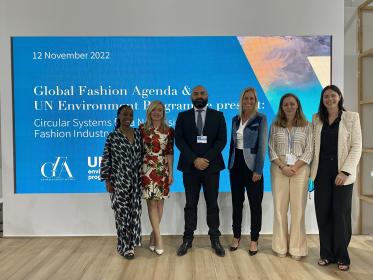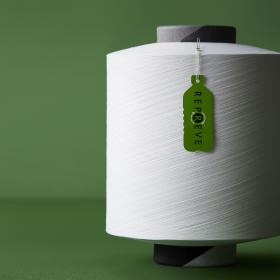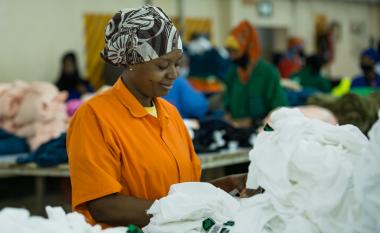ISKO’s Ctrl+Z material science now bluesign® APPROVED
Ctrl+Z is ISKO’s latest innovation employing no virgin cotton, only recycled, and regenerated fibers: more durable, stronger, and now bluesign® APPROVED.
The leading denim ingredient brand and the full-service solutions system with a focus on sustainable chemistry have teamed up in a concerted effort to strengthen their partnership while promoting more sustainable textile production. ISKO has achieved the bluesign® APPROVED label for Ctrl+Z recycled denim fabrics containing no virgin cotton and only recycled and regenerated fibers that are made to be fully recyclable with the newest recycling technologies, enabling a fully circular system.
It is a credential that Bluesign grants only to bluesign® SYSTEM PARTNERs, including manufacturers, that meet the strict safety and environmental requirements of the bluesign® CRITERIA such as ensuring production sites are safe for workers, reducing CO2 emissions and water consumption, as well as avoiding hazardous substances in production among many others.
Specifically, Ctrl+Z is material science that hits “undo” on post-industrial waste delivering fabrics made from recycled and regenerated content that look and feel identical to their former compositions with increased strength and durability.




























